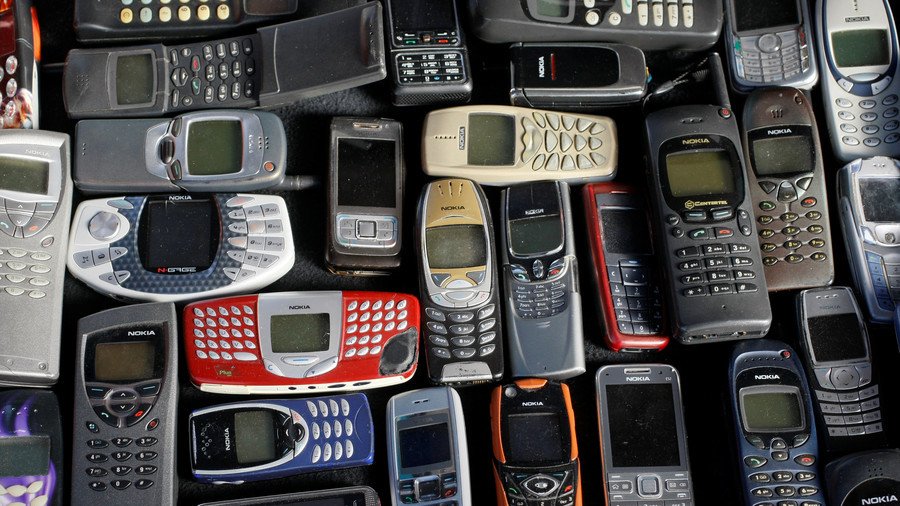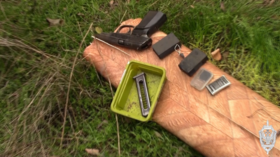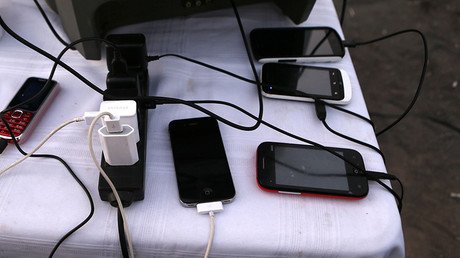H-BDAY! Text messaging turns 25 years old

The humble text message has reached its 25th birthday, and it sure has come a long way. The first ever SMS (Short Message Service) was sent by British engineer Neil Papworth on 3 December, 1992. He wrote “Merry Christmas” to his colleague Richard Jarvis.
Jarvis was at a Christmas party at the time, and Papworth didn’t even send the message on a phone as handsets were only able to receive them at that point. Instead, he typed it up on his computer, little realising that he had taken the first step down a road that would completely change our relationship with phones.
READ MORE: Strangers could be speaking to your child through smart toys, watchdog warns
“I don't know if they really thought it was going to be a big thing,” Papworth told Sky News. “I spelt it with the full words - not Xmas.”
The first ever SMS message in the UK was sent #OnThisDay 25 years years ago with the words.... MERRY CHRISTMAS.That same year (1992) the Motorola 8800X phone was launched https://t.co/jx46E8pBM8pic.twitter.com/A0hEeKjyKD
— Science Museum (@sciencemuseum) December 3, 2017
Texting wasn’t an instant hit, but as mobile phones became more popular in the late 1990s use of the medium skyrocketed. As it gained traction, people quickly adapted to “textspeak” by shortening words and using endless abbreviations – prompting some serious hand-wringing about how it would destroy our use of language.
US figures show that traditional SMS message traffic peaked in 2011 and it has been declining ever since, as people abandon it for Whatsapp, Facebook Messenger and other free services. That trend was replicated in Britain and many other countries around the world. In a blogpost earlier this year Whatsapp said that 55 billion messages are sent every single day.
Elizabeth Bruton of London’s Science Museum said the creation of texting was “an incredibly important development in the history of mobile telephones” as it marked the point when phones moved beyond mere audio.
"For the very first time we had mobile telephones that were more than just literal mobile telephones, moving beyond voice communications to a new application of the mobile spectrum to sending, literally, text messages,” Bruton said.













